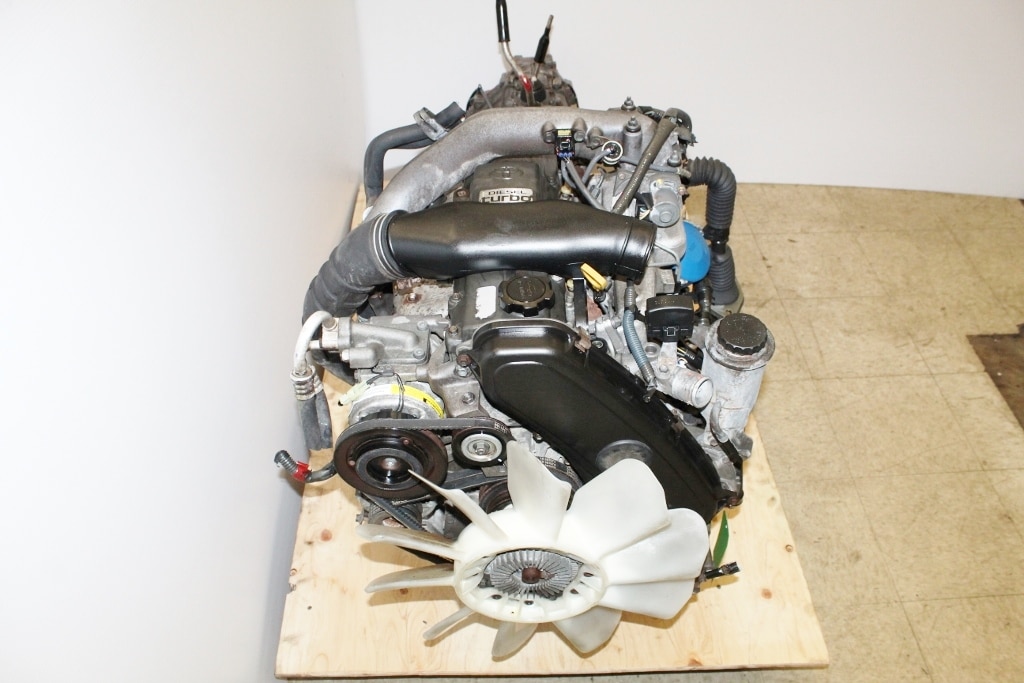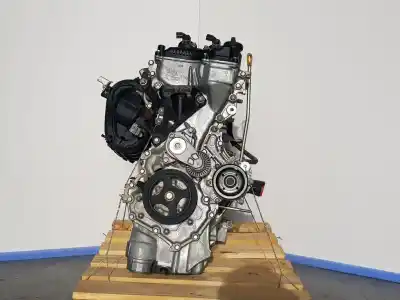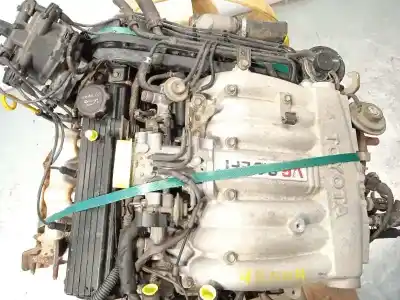Toyota RunX RSI: The Compact Car With a Powerful Side
Toyota RunX RSI: The Compact Car With a Powerful Side
Blog Article
Explore Quality and Value: Your Overview to Getting a Used Engine
When taking into consideration the purchase of a second-hand engine, recognizing the elaborate equilibrium between high quality and worth is paramount. A complete examination of engine background, integrity, and problem is essential to ensure a sound investment.
Understanding Engine Types
When considering the acquisition of a used engine, comprehension of the various engine types is crucial for making a notified choice. Engines can generally be categorized into two major types: interior combustion engines and electrical engines. Inner combustion engines, that include fuel and diesel variations, count on the combustion of fuel to create power. Gas engines are normally lighter and rev greater, making them suitable for efficiency lorries, while diesel engines are renowned for their torque and gas efficiency, typically favored in durable applications.
On the other hand, electrical engines make use of electricity saved in batteries to power the automobile, using a cleaner option with less relocating components and decreased maintenance demands. Within these groups, there are better distinctions, such as four-stroke versus two-stroke interior burning engines, and various electric motor setups.
Comprehending these distinctions is critical, as they affect efficiency, compatibility with existing lorry systems, and lasting operational prices. By acquainting oneself with the different kinds of engines available, prospective purchasers can better assess their requirements and choose that line up with their car's demands and their personal preferences.

Assessing Engine Condition
A complete evaluation of engine problem is critical for any person thinking about the acquisition of a pre-owned engine. Begin with a visual inspection; check for signs of oil leaks, rust, or any type of physical damages to the engine block. A tidy engine is frequently indicative of good maintenance practices, while excessive crud might recommend overlook.
Next, examine the engine's components, including the timing belt, gaskets, and seals. Seek damage, as these parts can be pricey to change. Furthermore, examine the engine installs, as damaged places may bring about resonances and more mechanical concerns.
A compression examination is vital to gauge interior engine health. Consistent compression across all cylinders shows a well-maintained engine, whereas considerable inconsistencies might indicate inner damage or wear.
Listening to the engine during a startup can offer useful insights; any kind of unusual noises, such as knocking or rattling, may suggest deeper issues. Lastly, ideally, demand a trial run to assess performance under lots. By thoroughly assessing these aspects, potential customers can make enlightened choices and safeguard a quality pre-owned engine.
Checking Engine Background
Comprehending the engine's background is critical for making a knowledgeable purchase. Understanding of previous use, maintenance documents, and any previous damages can substantially affect the engine's integrity and longevity. Begin by requesting the lorry recognition number (VIN) or engine identification number, which enables you to map the engine's background.
Use available resources, such as Carfax or AutoCheck, to obtain an automobile background record. This record will certainly supply vital understandings, including crash background, solution documents, and previous possession information. Toyota RunX RSI. Pay certain attention to any type of indicators of serious damage or duplicated repairs, which may show underlying concerns
Ask about upkeep regimens executed on the engine. Regular oil adjustments, timing belt replacements, and other precautionary measures mirror accountable possession. Additionally, ask if the engine has undergone any type of modifications, as non-standard alterations can influence performance and compatibility with your lorry.
Last but not least, if feasible, seek verification from a relied navigate here on auto mechanic that can evaluate the engine's condition based on its background (Toyota RunX RSI). This comprehensive investigation will certainly aid you prevent possible challenges and make sure that your investment is rewarding and sound
Guarantee and Return Plans
Buying a second-hand engine typically includes varying service warranty and return plans that can significantly influence your choice. When taking into consideration a made use of engine, it is important to completely assess the guarantee choices given by the seller. Some suppliers might offer restricted service warranties that cover certain elements for a defined period, while others may give even more detailed insurance coverage. Comprehending the conditions and terms attached to these warranties is critical, as they can influence the lasting worth and reliability of your purchase.

In addition, respectable vendors usually supply documentation that describes the guarantee and return procedure, making sure openness. Always request this information prior to completing your purchase. A well-defined warranty and return plan can give comfort and shield your financial investment, making it an integral part of the decision-making procedure when acquiring a pre-owned engine.
Locating the Ideal Bargains
When looking for the most effective bargains on a used engine, it is vital to carry out detailed research and compare rates from numerous vendors. Start by exploring on-line markets, auto forums, and local salvage backyards to gather an extensive understanding of the marketplace. Using price contrast tools can enhance this process, highlighting affordable rates across different systems.

Consider timing your purchase tactically. Seasonal variations sought after can affect rates, with particular times of the year providing far better offers. Furthermore, be open to discussing prices; several sellers may agree to decrease their asking price, particularly if the engine has been listed for a prolonged duration.
Conclusion
In recap, buying a second-hand engine requires a comprehensive analysis of top quality and value. Assessing engine problem through inspections and tests, verifying its history, and recognizing warranty and return policies are essential steps. Additionally, comparing costs throughout numerous sellers makes sure the most effective financial decision. By sticking to these guidelines, buyers can improve their possibilities of acquiring a trustworthy engine that fulfills their demands while avoiding possible challenges related to second-hand purchases.
When taking into reference consideration the acquisition of a used engine, understanding of the numerous engine types is essential for making an informed choice. Engines can normally be categorized right into 2 primary kinds: interior combustion engines and electrical engines. Gas engines are normally lighter and rev greater, making them ideal for efficiency automobiles, while diesel engines are renowned for their torque and fuel efficiency, typically favored in sturdy applications.
A complete analysis of engine condition is paramount for any person thinking about the purchase of a pre-owned engine. Start by asking for the automobile identification number (VIN) or engine serial number, which allows you to trace the engine's history.
Report this page